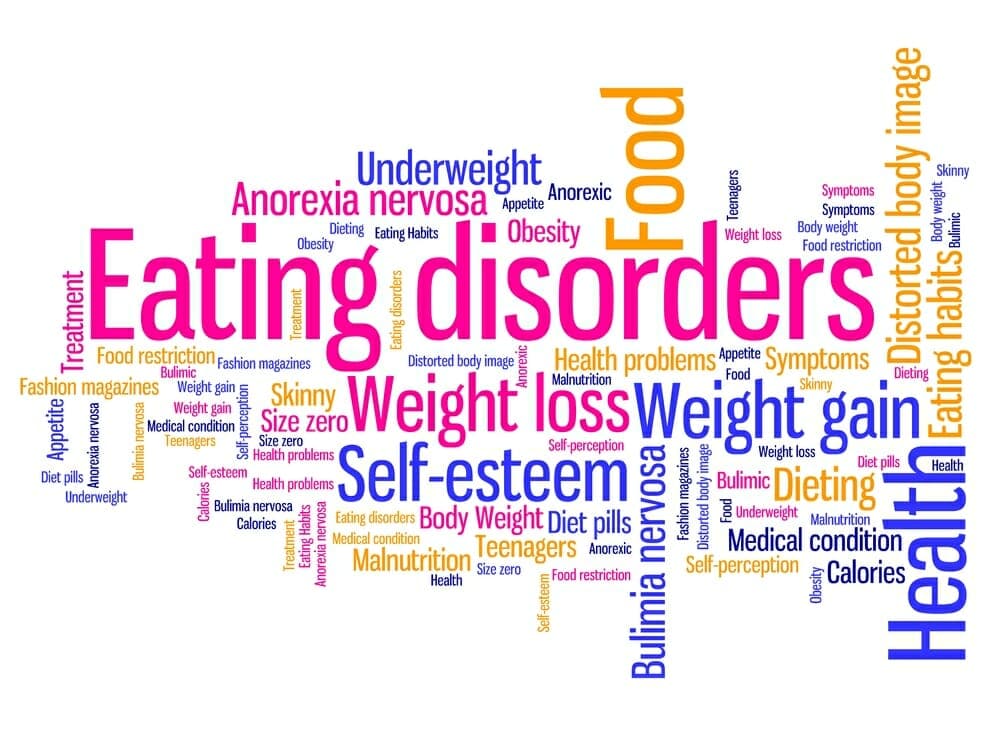What role our brains play a role in Anorexia, Autism and Anorexia, Bulimia and Binge Eating is the focus of new research.
Researchers are now examining genes and how they may impact those with the eating disorder Anorexia. Little past research has looked at the molecular, cellular or genetic factors of anorexia. They have yet to find a specific gene, but they have found a disruption in the Tachykinin receptor 1 (TACR1) gene. Tachykinins are proteins that have been linked to multiple diseases: chronic inflammation, cancer, and addictive disorders.
Brain wave patterns are also now being studied. Female 15 to 16 year olds with an eating disorder showed different brain patterns compared to a control group without any eating disorder. Increased levels of Dopamine were also present.
Changes in the actual brain were also noted for those with anorexia. A difference was noted in the insula, the part of the brain which processes taste and self-awareness. The more the brain was altered the more difficult it was to gain weight.
Brain circuitry is also being looked at. A study being done to see if deep brain stimulation can improve brain circuits. Hoping to improve mood, lessen anxiety and help with weight gain. Using PET scans researchers are documenting how brain activity changed one year after stimulation. 21 patients started this therapy but only 14 remained in. The others opted out for a variety of reasons, but it is not a comfortable process. Mood and anxiety improved in 5 subjects. 10 out of the 14 were less depressed and reported a better quality of life. Some actual brain changes were noted. So the stimulation did affect brain circuits, putamen, thalamus, cerebellum and peripheral cortical areas.
All of these studies were all small groups which does limit the findings.
The next wave of research may shed knew insights in to how our brain shapes our behaviors.
New hope for anorexia patients! The future is here! #HealthStatus
Follow HealthStatus
Tweet Now
Key Points:
- 1Eating disorders are a widely studied field. Multiple universities are studying the cause and treatment.
- 2The most advanced studies are looking at the disease at a molecular and neurological level.
- 3Recently science has been finding a link to autism and anorexia.
See the original at: https://www.eatingdisorderhope.com/blog/current-research-eating-disorder








Reply